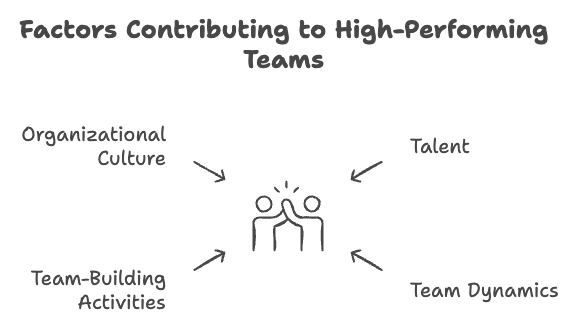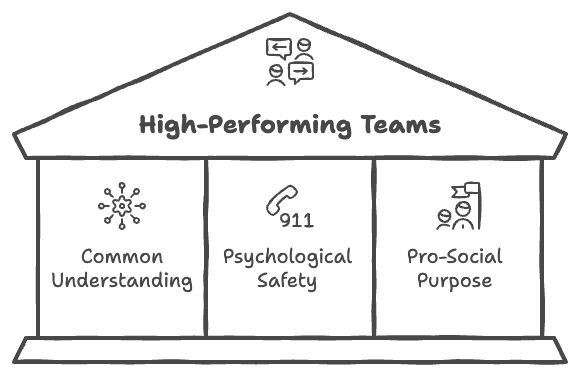What really sets high-performing teams apart from the rest? Is it just about gathering the brightest stars, or is there more to the equation? As someone deeply entrenched in the study of organizational psychology and leadership, I’ve often pondered what makes certain teams excel. Thankfully, recent research provides some enlightening insights into this topic.

The Talent Myth
Firstly, let’s address the elephant in the room: talent. Yes, having skilled individuals on a team is crucial, but it’s not the panacea we once thought it was. Intriguingly, studies reveal that talent doesn’t transfer as seamlessly as one might assume. When star players switch teams, their performance often dips—not just theirs but their new teammates’ performance too! It turns out, the environment and team dynamics play massive roles in an individual’s success.
Beyond Team-Building Events
Now, let’s talk about team-building activities. We’ve all been there—participating in trust falls and personality tests, hoping for a miraculous transformation in team cohesion. While these activities are well-intentioned, their effectiveness usually fades as quickly as the enthusiasm at the end of the retreat. The reality? Effective team building isn’t a one-off event; it’s a habitual practice that needs to be woven into the fabric of daily interactions.
Culture is Key
The real game-changer for teams lies in cultivating a strong, positive culture that endorses common understanding, psychological safety, and a pro-social purpose. High-performing teams across various sectors share these traits. They foster an environment where team members have a shared vision, feel safe to express ideas and take risks, and believe in the impact of their work beyond mere business outcomes.
- Common Understanding: Everyone on the team knows not only their roles but also appreciates how these roles interconnect. It’s about clarity and also empathy—seeing beyond job descriptions to support each other genuinely.
- Psychological Safety: This is about creating a space where team members can voice dissent without fear of reprisal. It’s about embracing conflict as a collaboration opportunity, where different viewpoints are valued as much as consensus.
- Pro-Social Purpose: Teams need to see that their work matters, not just to the company, but to society. When team members understand ‘who’ they are helping, their motivation and commitment to excellence soar.

High-performing teams aren’t just more skilled—they are more aligned, empathetic, and driven by a shared purpose. As we continue to explore the depths of team dynamics and leadership, it becomes clear that the secret sauce to outstanding team performance is much more about culture and mutual understanding than individual brilliance alone.



